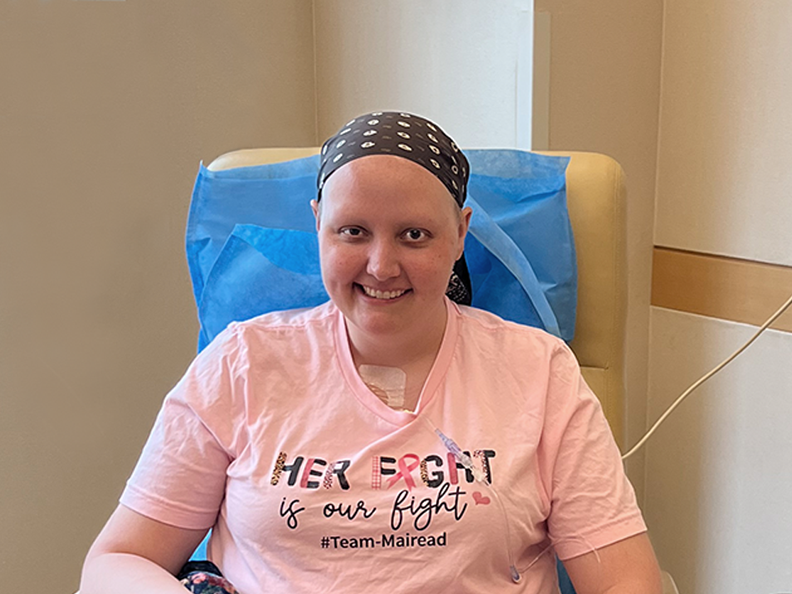Your gift is 100% tax deductible
Can Wilms Tumors Be Found Early?
Wilms tumors are usually found when they start to cause symptoms such as swelling in the abdomen (belly). But by this point they have often grown quite large.
Screening for Wilms tumors
Screening is testing for a disease like cancer in people with no signs or symptoms. There are no blood tests or other tests that are useful in screening otherwise healthy children for Wilms tumors. (See Signs and Symptoms of Wilms Tumors.)
Wilms tumors can be found earlier in some children with tests such as an ultrasound of the abdomen. (See Tests for Wilms Tumors.) But because these tumors are rare, screening all children with ultrasound exams is not practical.
Screening for children at increased risk of Wilms tumors
Screening is very important for children who have syndromes or birth defects known to be linked to Wilms tumors.
Syndromes and birth defects linked to Wilms tumors include:
- Beckwith-Wiedemann syndrome
- WAGR syndrome
- Denys-Drash syndrome
- Frasier syndrome
For these children, most doctors recommend physical exams by a specialist and ultrasound exams of the kidneys on a regular basis (for example, about every 3 or 4 months at least until the age of 7). This testing can sometimes find kidney tumors when they are still small and have not yet spread to other organs.
Wilms tumor can also run in families, although this is rare. Talk to your doctor if any of your relatives had a Wilms tumor. If so, the children in your family may need regular ultrasound exams of the abdomen.
If a person is known to have inherited a WT1 gene mutation, genetic testing can be done to see if they passed the mutation on to their children. This testing can be done even before birth.
- Written by
- References

Developed by the American Cancer Society medical and editorial content team with medical review and contribution by the American Society of Clinical Oncology (ASCO).
Fernandez CV, Geller JI, Ehrlich PF, et al. Chapter 24: Renal Tumors. In: Blaney SM, Adamson PC, Helman LJ, eds. Pizzo and Poplack’s Principles and Practice of Pediatric Oncology. 8th ed. Philadelphia, Pa: Lippincott Williams & Wilkins; 2021.
Kalish JM, Doros L, Helman LJ, et al. Surveillance recommendations for children with overgrowth syndromes and predisposition to Wilms tumors and hepatoblastoma. Clin Cancer Res. 2017;23(13):e115-e122.
National Cancer Institute. Wilms Tumor and Other Childhood Kidney Tumors Treatment (PDQ®)–Health Professional Version. 2024. Accessed at https://www.cancer.gov/types/kidney/hp/wilms-treatment-pdq on November 21, 2024.
National Comprehensive Cancer Network. NCCN Clinical Practice Guidelines in Oncology (NCCN Guidelines®): Wilms Tumor (Nephroblastoma). V2.2024. Accessed at https://www.nccn.org on November 21, 2024.
Smith V, Chintagumpala M. Clinical presentation, diagnosis, and staging of Wilms tumor. UpToDate. 2024. Accessed at https://www.uptodate.com/contents/clinical-presentation-diagnosis-and-staging-of-wilms-tumor on November 21, 2024.
Last Revised: January 21, 2025
American Cancer Society medical information is copyrighted material. For reprint requests, please see our Content Usage Policy.
American Cancer Society Emails
Sign up to stay up-to-date with news, valuable information, and ways to get involved with the American Cancer Society.



